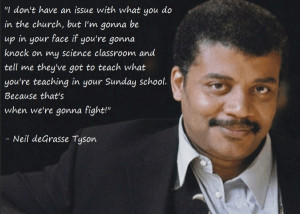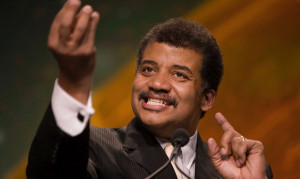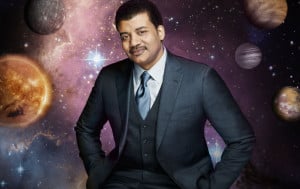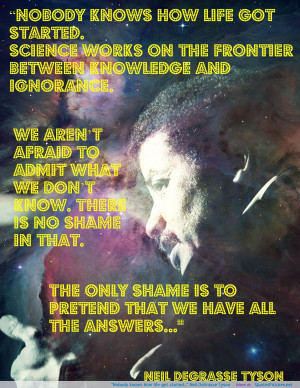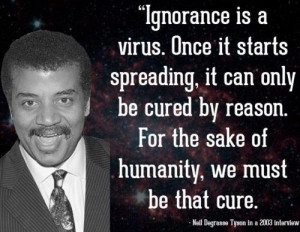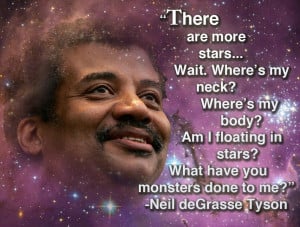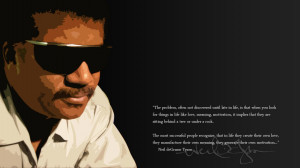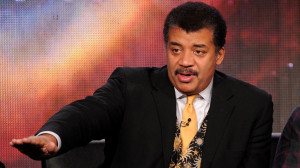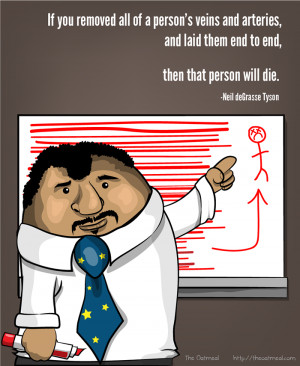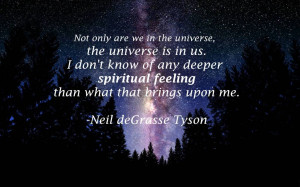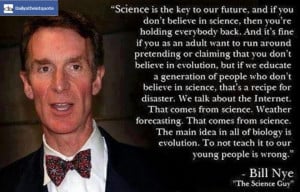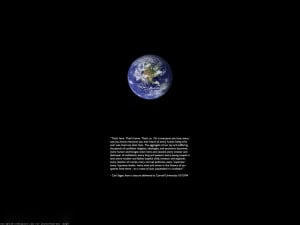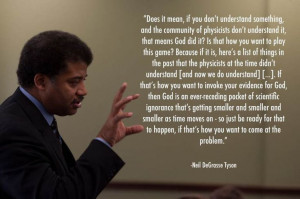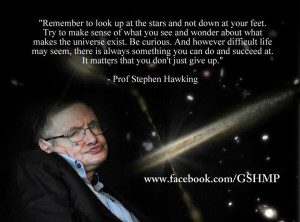Neil deGrasse Tyson — American Scientist born on October 05, 1958,
Neil deGrasse Tyson is an American astrophysicist, cosmologist, author, and science communicator. Since 1996, he has been the Frederick P. Rose Director of the Hayden Planetarium at the Rose Center for Earth and Space in New York City. The center is part of the American Museum of Natural History, where Tyson founded the Department of Astrophysics in 1997 and has been a research associate in the department since 2003... (wikipedia)
Once you have an innovation culture, even those who are not scientists or engineers - poets, actors, journalists - they, as communities, embrace the meaning of what it is to be scientifically literate. They embrace the concept of an innovation culture. They vote in ways that promote it. They don't fight science and they don't fight technology.
Humans aren't as good as we should be in our capacity to empathize with feelings and thoughts of others, be they humans or other animals on Earth. So maybe part of our formal education should be training in empathy. Imagine how different the world would be if, in fact, that were 'reading, writing, arithmetic, empathy.'
If your ego starts out, 'I am important, I am big, I am special,' you're in for some disappointments when you look around at what we've discovered about the universe. No, you're not big. No, you're not. You're small in time and in space. And you have this frail vessel called the human body that's limited on Earth.

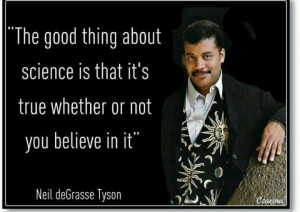
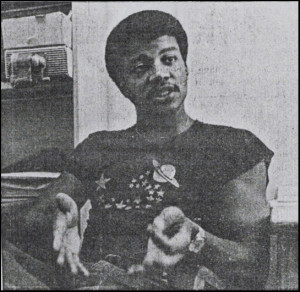
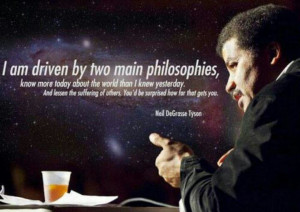
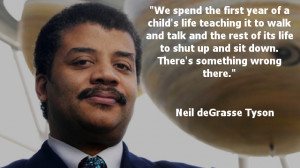
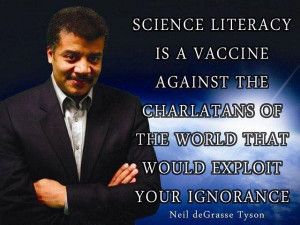
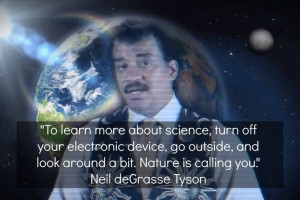
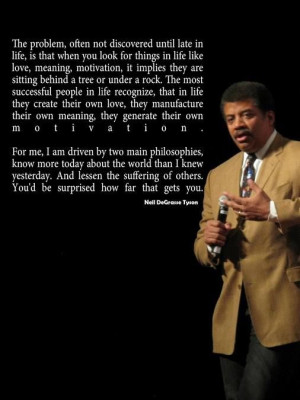
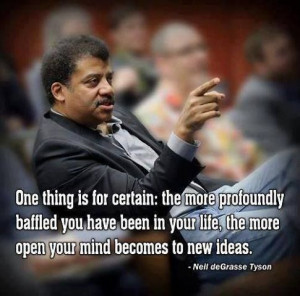
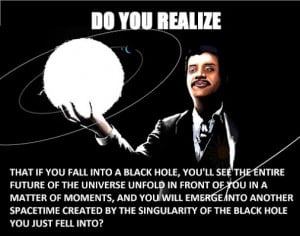
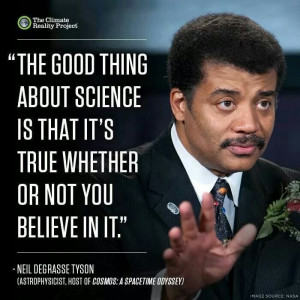
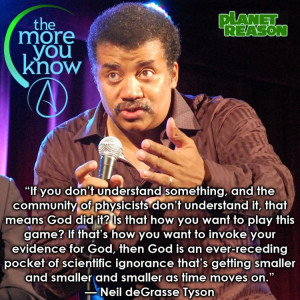
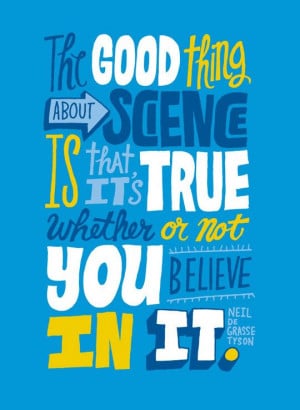
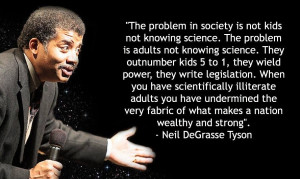
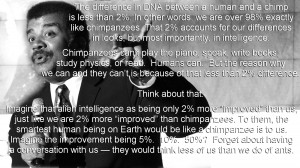
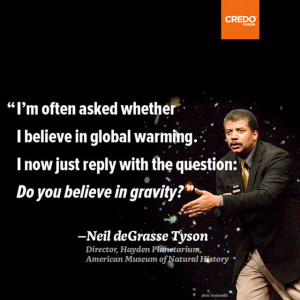
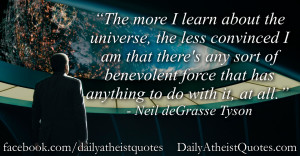
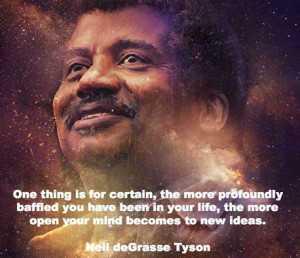
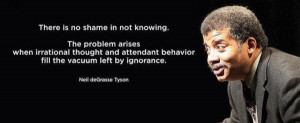
![Neil deGrasse Tyson[via Global Secular Humanist Movement]](https://cdn.quotesgram.com/small/28/89/769089497-tumblr_m7rmt5foRo1r7iczwo1_1280.jpg)
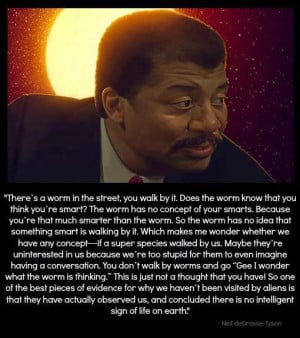
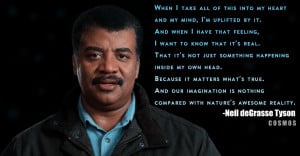
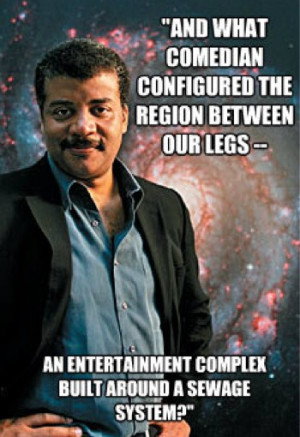
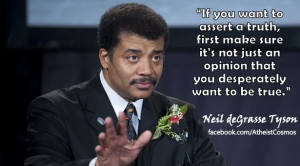
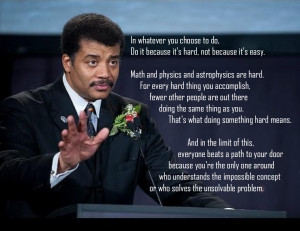
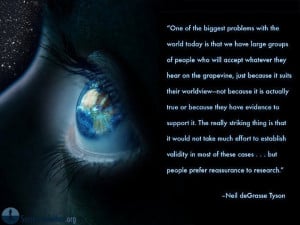
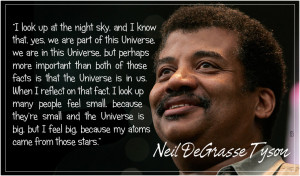
![Neil deGrasse Tyson quote, thought I'd share [2560X1600].](https://cdn.quotesgram.com/small/93/96/1799893091-neil_degrasse_tyson_quote_thought_i_1626640943_1680x0.jpg)
